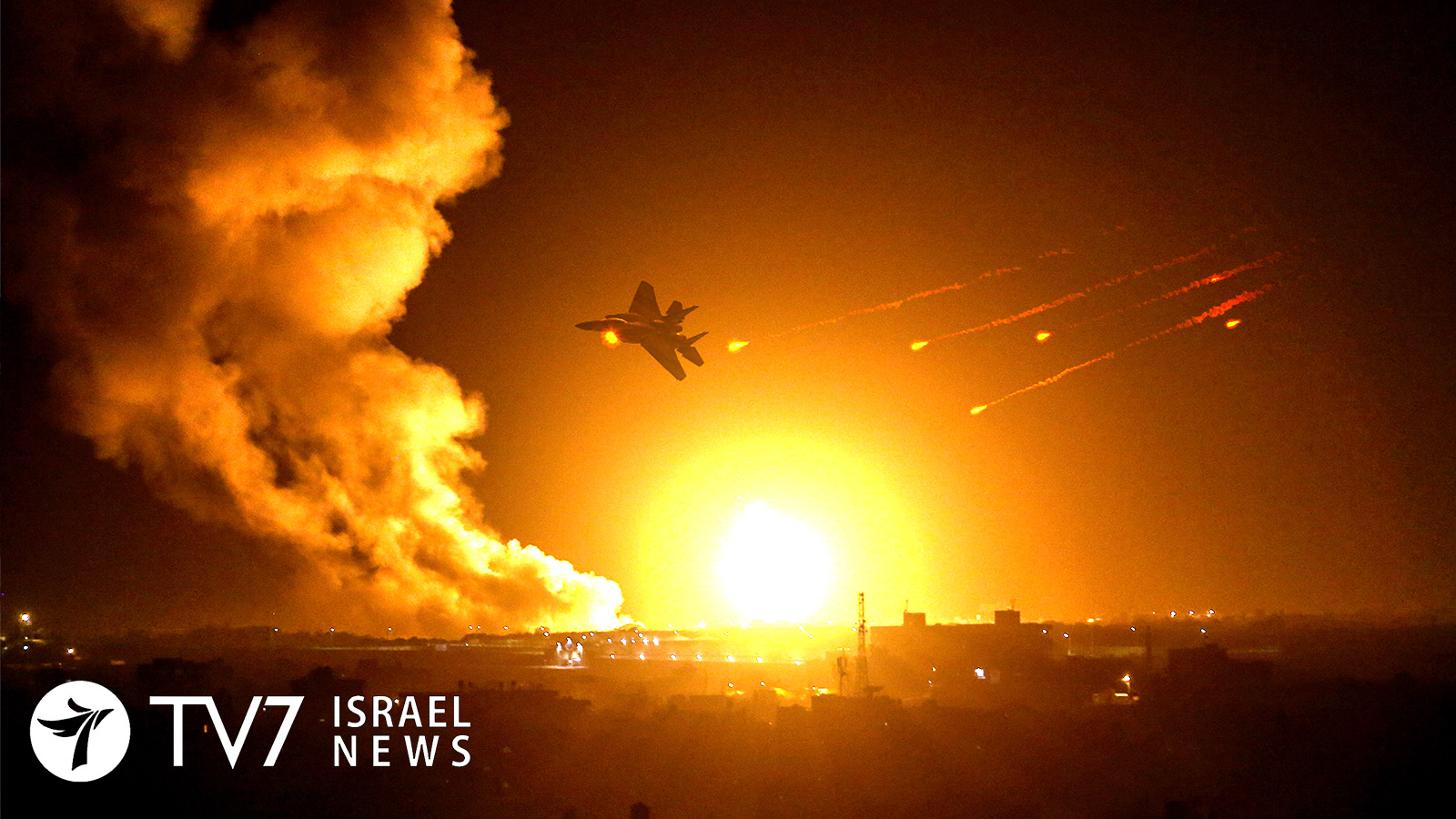Syria is accusing Israel of responsibility for air strikes last night, in what is the third alleged attack over the past week and a half.
Syria’s state SANA media agency reported that “The Israeli enemy carried out an air attack by means of a barrage of missiles from the direction of the occupied Syrian Golan on some targets in the southern region” just after 11 PM.
Israeli residents of the Golan Heights, which was captured from Syria in the 1967 Six Day War, reported hearing the sounds of explosions.
Military defectors in Syria said the missiles hit bases belonging to Iran’s Islamic Revolutionary Guards Corps (IRGC). Two sources said the locations were the al Kisswa area in the southern outskirts of the capital Damascus and military bases used by Lebanon’s pro-Iranian Hezbollah group. A radar system battalion near the rural al Dour village in the southwestern as-Suwayda Governate was also targeted. Coverage of a multi-story building on fire was broadcast on live Syrian television.
Top IRGC commanders reportedly conducted a 3-day inspection of the targeted installations less than 48 hours before last night’s missile bombardment.
State media quoted a Syrian Armed Forces (SAF) spokesman as saying that “Our air defenses responded to an aerial Israeli aggression … on some targets in the southern region” with the firing of surface-to-air missiles and other anti-aircraft weapons. One military source told SANA that most of the incoming Israeli missiles were intercepted, although such Syrian claims are common and usually dismissed by war analysts as empty boasts.
There was no immediate comment from Israel’s military spokesman, in accordance with policy of neither confirming nor denying activities in Syria; with the exception of retaliation for cross-border attacks.
In a rare statement last month, IDF Chief of Staff Lt. Gen. Aviv Kochavi revealed that Israeli operations have successfully “slowed down Iran’s entrenchment in Syria.”
“We have struck over 500 targets this year, on all fronts, in addition to multiple clandestine missions,” Kochavi said in a statement TV7 obtained from the IDF Spokesperson’s Unit.
The IDF has launched hundreds of strikes in Syria to prevent Iran from establishing a permanent military presence in the country after civil war erupted in March 2011. The Israeli military has also targeted convoys of advanced weapons en route from the Islamic Republic to its proxies in the region such as Hezbollah, which is based in Lebanon but fighting in Syria on behalf of government forces.
A strong presence of Iranian-backed militias was identified at all of the bases in eastern, central and southern Syria struck in recent months by intelligence sources and military defectors familiar with the locations.
Western intelligence sources have said that Israel’s stepped-up strikes on Syria late 2020-early 2021 are part of a shadow war approved by the United States, as part of an anti-Iran campaign to undermine the Islamic Republic’s extensive military power without triggering a major increase in hostilities.
These officials maintain that in accordance with that policy, Israel’s expanded aerial campaign has deliberately targeted areas where thousands of Iranian-backed militias that have been involved in regaining much of the territory lost by Syrian President Bashar al Assad to insurgents during the nearly decade old civil war.
